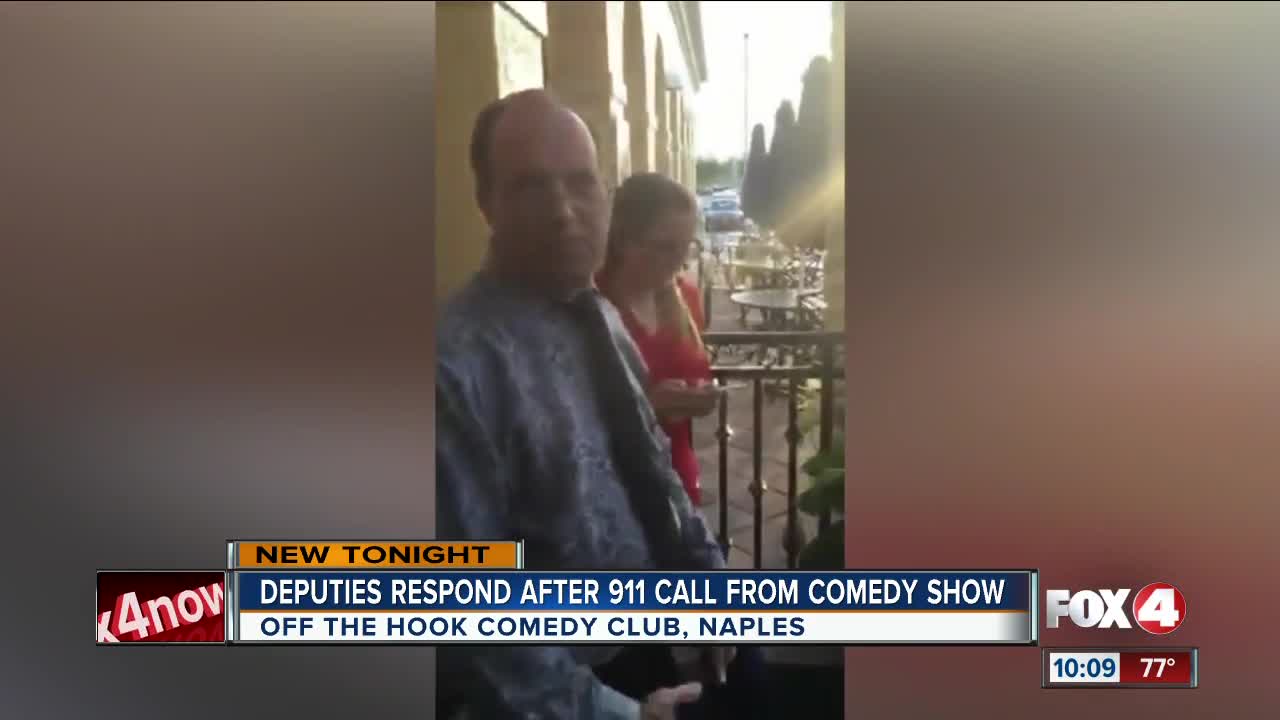In the realm of humor, few topics are considered as sensitive yet intriguing as the category of 911 jokes. While humor can often serve as a coping mechanism during distressing times, it can also tread on thin ice, especially when it touches upon tragic events. These jokes, derived from the emergency number in the United States, bring forth a mix of laughter and discomfort, sparking debates on the appropriateness of humor in the face of calamity. The balance between finding humor in dark times and showing respect for those affected by tragedies is a tightrope walk that many comedians and individuals attempt to navigate. But what is it about 911 jokes that makes them both controversial and appealing to some audiences?
As we delve into the world of 911 jokes, it becomes essential to understand the cultural context and societal reactions surrounding this type of humor. Are these jokes merely a reflection of the human condition, or do they reveal deeper societal issues? The complexities surrounding 911 jokes often lead to varied interpretations, depending on individual perspectives and experiences. Whether it’s about finding solace in laughter or challenging societal norms, these jokes ignite conversations that are as varied as the humor itself.
Join us as we explore the intricacies of 911 jokes, their origins, public perception, and why they continue to resonate with certain audiences. From examining the fine line between humor and insensitivity to reflecting on personal anecdotes, we will dissect this unique genre of comedy that brings joy to some and raises eyebrows for others.
What Are 911 Jokes?
911 jokes often play on the emergency number and the events surrounding it. These jokes can range from light-hearted quips to dark humor that may touch on sensitive subjects. Understanding the nature of these jokes requires a closer look at their context and the societal reactions they provoke.
Where Did 911 Jokes Originate?
The origins of 911 jokes can be traced back to the early days of the emergency number itself. As the number became synonymous with crises, individuals began to create humor around the absurdities of emergency situations. This trend grew particularly after major tragedies, including the events of September 11, 2001, where humor was utilized as a coping mechanism.
Are 911 Jokes Offensive?
The question of whether 911 jokes are offensive is subjective. Some individuals find solace in humor during dark times, while others may feel that joking about tragedy is inappropriate. The key lies in the intent behind the joke and the audience's reception. Factors such as timing, context, and delivery play pivotal roles in how these jokes are perceived.
Who Are Some Comedians Known for 911 Jokes?
Several comedians have ventured into the territory of 911 jokes, often sparking controversy or acclaim. Notable figures include:
- George Carlin
- Dave Chappelle
- Louis C.K.
- Sarah Silverman
Each of these comedians incorporates elements of dark humor into their routines, challenging audiences to confront uncomfortable topics through laughter.
What Are the Risks of Telling 911 Jokes?
One of the main risks associated with 911 jokes is the potential to offend or alienate individuals who have been directly affected by emergencies or tragedies. Jokes that may seem harmless to some can be deeply hurtful to others. Additionally, the public backlash against comedians who joke about sensitive topics can impact their careers and public perception.
How Do Different Cultures View 911 Jokes?
Cultural perspectives on 911 jokes can vary widely. In some cultures, humor serves as a vital coping mechanism that allows individuals to process grief and trauma, while in others, it may be considered taboo. Understanding these cultural differences is essential in navigating the complexities of humor surrounding tragedy.
What Are Some Popular 911 Jokes?
To provide insight into the humor, here are a few examples of 911 jokes (caution advised):
- “Why don’t we ever tell secrets on a farm? Because the potatoes have eyes and the corn has ears, but they always call 911!”
- “I called 911 and said, ‘I’m having a heart attack!’ They said, ‘Well, don’t just sit there, call someone!’”
- “What did the emergency responder say to the comedian? ‘You might want to check your pulse; it’s not funny anymore!’”
How Can We Use Humor Responsibly?
Using humor responsibly, especially when it comes to sensitive topics like 911 jokes, involves understanding the audience and the context. Here are some tips for navigating this delicate territory:
- Consider the audience's background and experiences.
- Be mindful of the timing and setting when delivering the joke.
- Focus on the intent behind the humor—aim for healing rather than harm.
- Be open to feedback and willing to adjust your approach based on reactions.
In conclusion, 911 jokes embody a complex interplay between humor and sensitivity. While they may elicit laughter, they also provoke important discussions about tragedy, coping mechanisms, and societal norms. As we navigate the landscape of comedy, it’s crucial to remember the power of words and their impact on individuals and communities. Humor can be a balm for wounds, but it can also reopen them if not approached with care and consideration.
Unveiling The Journey Of BBC's Hugo Bachega
Unraveling The Ethnicity Of Kari Lake: A Deep Dive
Discovering The Enigmatic Life Of Mehmet Akif Alakurt


